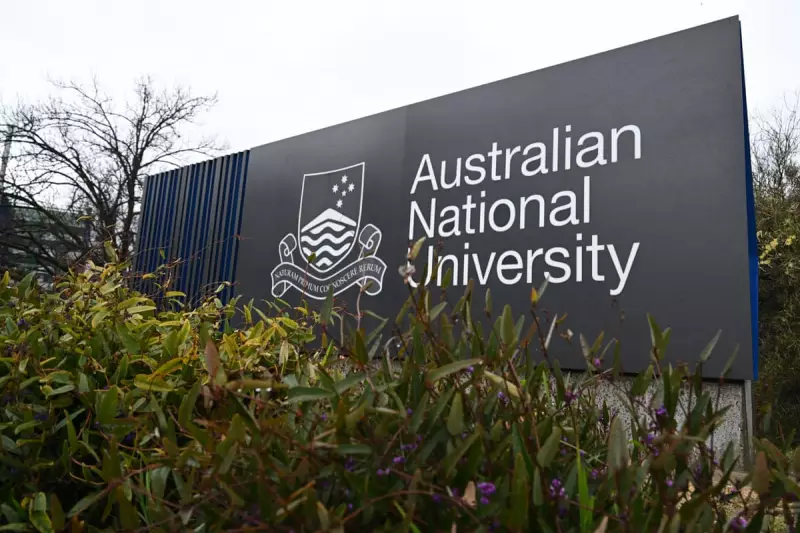
The Australian National University stands accused of breathtaking hypocrisy after quietly purchasing shares in a controversial Israeli weapons manufacturer, despite publicly pledging to divest from such companies.
Broken Promises Exposed
Internal documents reveal that ANU bought $120,000 worth of shares in Elbit Systems in late 2024, mere months after the university's finance committee announced it would cease investments in "companies involved in the manufacture of controversial weapons."
Elbit Systems, Israel's largest defence contractor, produces various military technologies including drones, artillery systems, and surveillance equipment used in conflicts including Gaza. The company has faced repeated criticism from human rights organisations for its role in the Israeli-Palestinian conflict.
Student Outrage and Demands
The revelation has sparked fury among students and staff, with the ANU Students' Association describing the investment as "a profound betrayal of the university's stated values."
Key concerns raised include:
- The timing of the investment during ongoing military operations in Gaza
- Contradiction with ANU's public commitment to ethical investment principles
- Lack of transparency in investment decision-making processes
- Potential damage to the university's international reputation
University's Defensive Response
When confronted with the evidence, ANU officials offered a carefully worded defence, claiming the investment fell within "existing ethical guidelines" and that the shares were purchased through external fund managers.
However, critics have dismissed this explanation as inadequate, noting that the university's own ethical investment policy explicitly prohibits investments in companies involved in "the manufacture of weapons that are the subject of humanitarian concerns."
Broader Implications for Ethical Investing
This controversy highlights the ongoing challenge universities face in balancing financial returns with ethical commitments. It also raises questions about:
- The effectiveness of university ethical investment policies
- The transparency of investment decision-making processes
- The gap between public statements and private actions
- The growing student activism around ethical investment issues
The ANU case serves as a stark reminder that public commitments to ethical principles mean little without robust systems to ensure compliance and accountability.





